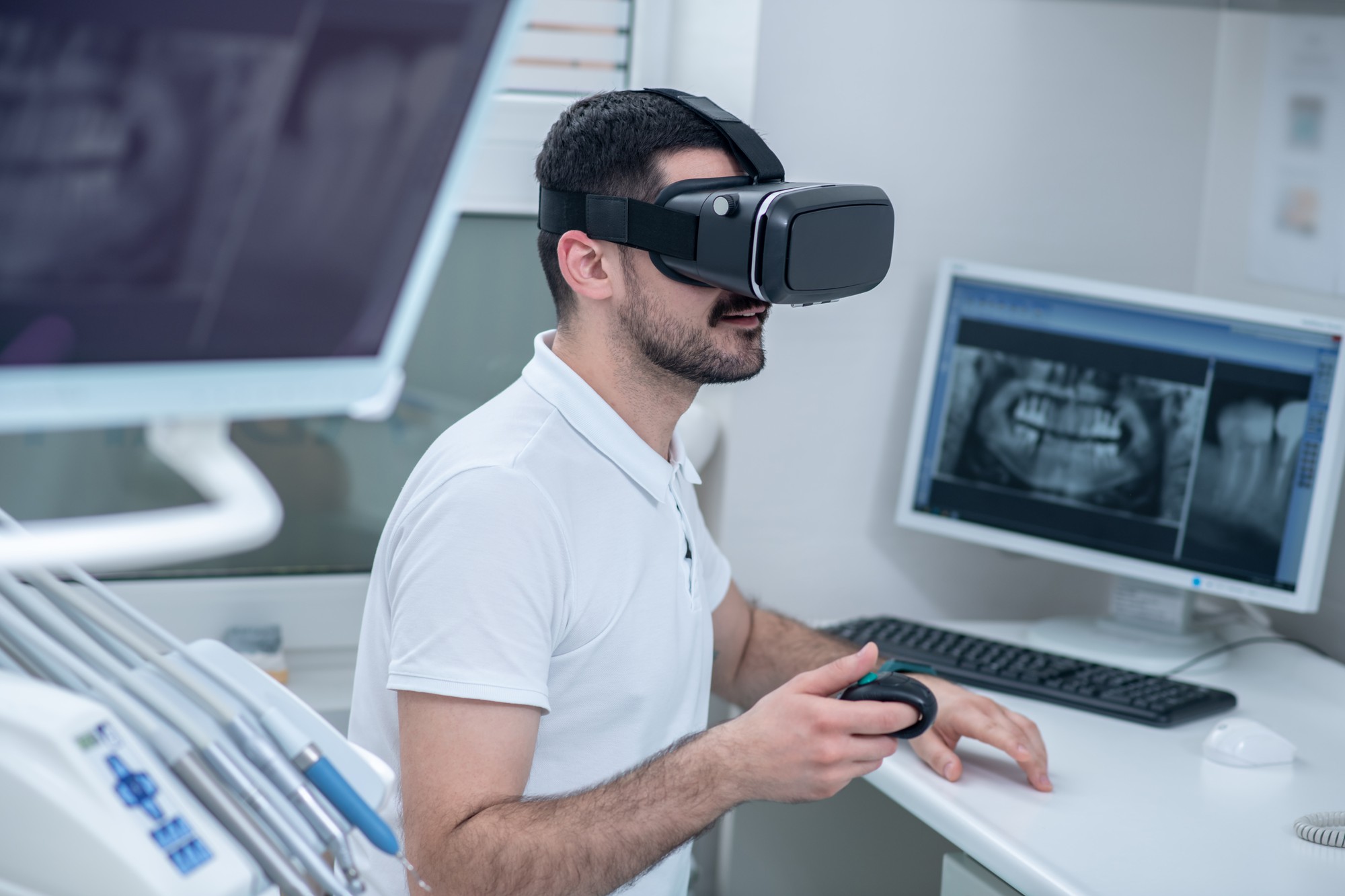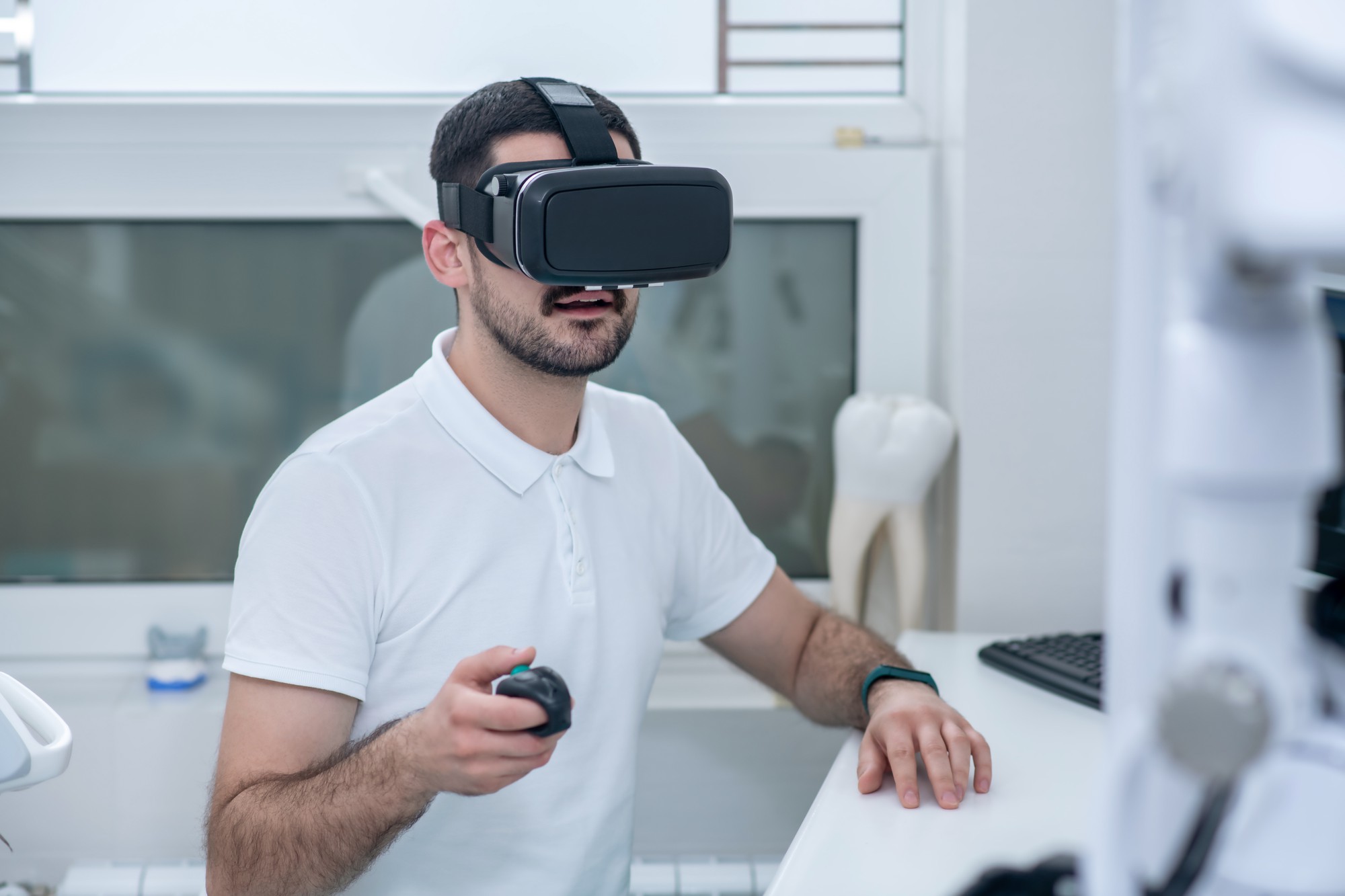Virtual Reality Enhances Teamwork and Training
A new study has recently yielded an original Virtual and Interprofessional Objective Structured Clinical Examination (viOSCE)—a novel tool for increasing teamwork and cooperation among dental and dental technology students. This approach hinges on the application of virtual reality (VR) to assess interprofessional education (IPE) effects objectively and stimulate interprofessional collaborative practice (IPCP) efforts.

The VR-CSE was piloted with 50 students using the modified Delphi technique, with 32 completing the study. Using VR made it possible to develop highly engaging interactive scenarios that resembled real-life clinical situations. Student responses provided the required data for the analysis using non-parametric measures. Research findings indicated that VR brought about a significant change in collaboration with colleagues among the participants. The voice assessment pointed towards considerable variance in removable prosthodontics among the duo and indicated an observable inclination towards the discrepant association of subjective and objective grades. However, there was no statistical importance.
The study further confirms that outcomes-based education, a system aimed at attaining certain outcomes as desired by the client, has found fertile ground in our new education scene regarding VR use and IPCP, leading to adopting IPE. The use of VR in this context is particularly beneficial, as it provides unbiased evaluation tools that are yet incorporated into their daily programs, thereby ensuring a fair and objective assessment process for students.

©2022 Implident. All Rights Reserved.
